In Queens, slip and fall accidents caused by ice, snow, and property owner negligence are common, leading to significant injuries. Property owners have a legal duty to maintain safe premises during winter. Rideshare accident attorneys specialize in these cases, focusing on establishing negligence to secure compensation for victims of such incidents. They guide clients through complex liability determinations, especially when rideshare vehicles are involved. After an accident, prioritize safety, document the incident, and consult a qualified Rideshare Accident Attorney for legal guidance and potential recovery.
In Queens, New York, snow and ice can transform bustling streets into hazardous landscapes, leading to slip and fall accidents. This comprehensive guide delves into the legal aspects of such incidents, empowering residents with knowledge about their rights. From understanding local regulations to navigating rideshare liability and building owner obligations, we explore key considerations. Learn what steps to take after a snow-related fall and discover strategies for compensating injuries, ensuring you’re prepared should winter weather strike. For expert legal counsel, consider consulting a qualified Rideshare Accident Attorney in Queens.
- Understanding Slip and Fall Cases in Queens: Rights and Responsibilities
- Common Causes of Winter Slip and Falls: Snow, Ice, and Public Safety
- Rideshare Accidents in Queens: Who's Liable When It Snows?
- Building Owners and Their Legal Obligations During Winter Months
- What to Do After a Snow-Related Fall: Documenting Your Case
- Compensating for Injuries: Damages and Settlement Strategies
Understanding Slip and Fall Cases in Queens: Rights and Responsibilities
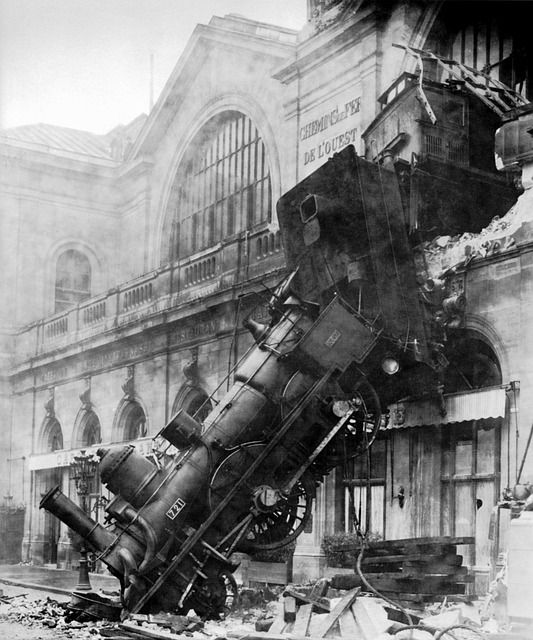
In Queens, slip and fall cases, often involving ice or snow, are common legal issues that can lead to significant injuries. When a pedestrian suffers harm due to a property owner’s negligence in maintaining a safe environment, they may have grounds for a lawsuit. A Rideshare Accident Attorney specializing in such cases understands the intricate details of these lawsuits, which hinge on establishing liability.
Property owners and businesses in Queens have a legal obligation to maintain their premises in a reasonably safe condition, especially during winter months when snow and ice accumulation is prevalent. If they fail to do so, and an individual slips and falls as a result, they may be held accountable for the victim’s injuries through a slip and fall lawsuit. This includes cases where a Rideshare Accident Attorney represents clients who were injured while boarding or exiting rideshare vehicles, as these incidents can also occur on potentially hazardous surfaces.
Common Causes of Winter Slip and Falls: Snow, Ice, and Public Safety
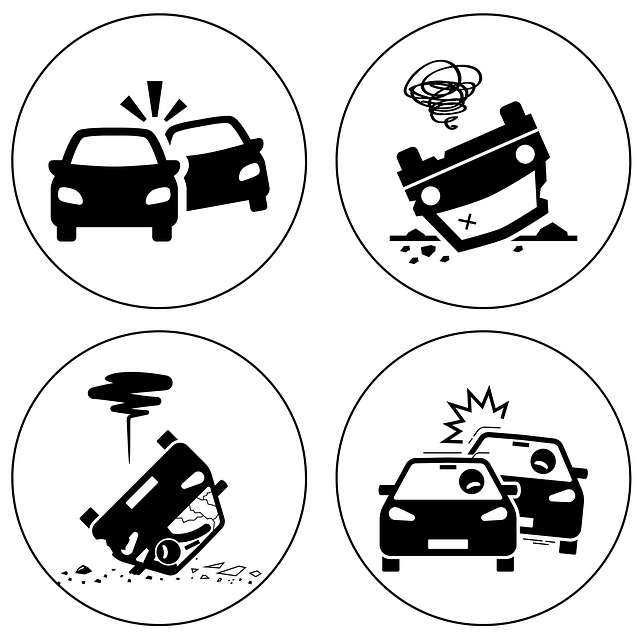
In winter, Queens residents and visitors alike face unique challenges due to harsh weather conditions, particularly when it comes to slip and fall accidents. Common causes of these incidents often involve snow, ice, and public safety oversights. When roads, sidewalks, and parking lots aren’t properly cleared or de-iced, they can become extremely hazardous, leading to serious injuries.
Property owners and municipalities have a legal obligation to maintain safe conditions for the public. This includes regular removal of snow and ice from walkways, entranceways, and steps. However, negligence on their part can lead to dangerous situations. Rideshare accident attorneys often see cases where individuals suffer injuries due to icy surfaces, causing falls that could have been prevented with proper maintenance. Such incidents can result in fractures, sprains, head trauma, and other serious medical conditions, underscoring the importance of holding responsible parties accountable for their negligence.
Rideshare Accidents in Queens: Who's Liable When It Snows?
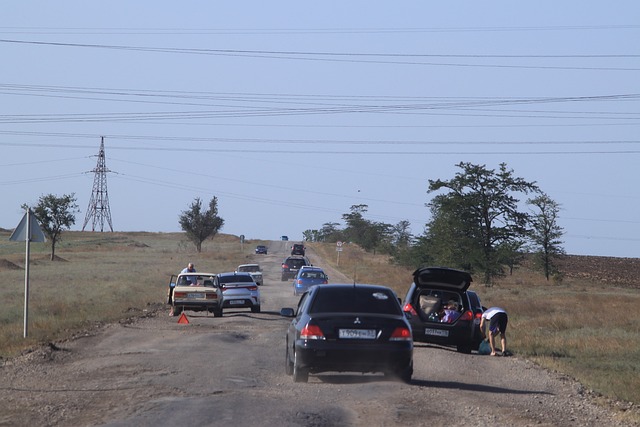
In Queens, as in many places, rideshare services like Uber and Lyft have become a common mode of transportation. However, when snow or ice hits, navigating roads can be treacherous, leading to increased risk of accidents. When a rideshare accident occurs during inclement weather, determining liability can be complex.
Rideshare Accident Attorney experts recommend understanding the circumstances surrounding the incident. Factors like driver negligence, vehicle maintenance, and even the actions of the rideshare company itself can play a role in who is held accountable. For example, if a driver loses control due to icy conditions, their insurance or the rideshare company’s liability may come into play, depending on the specific terms of their service agreement and local laws.
Building Owners and Their Legal Obligations During Winter Months
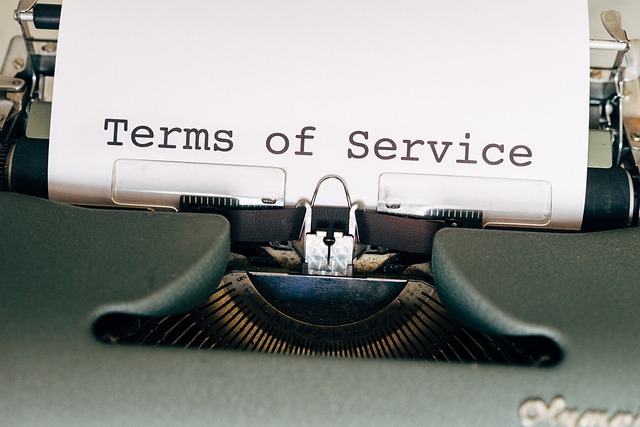
During the winter months, building owners in Queens have a legal obligation to ensure their properties are safe for visitors. This includes taking proactive measures to prevent slip and fall accidents caused by ice and snow. They must clear sidewalks and entryways promptly and use appropriate de-icing products to improve traction. Additionally, ensuring adequate lighting around these areas is crucial to warn pedestrians of potential hazards. Failure to fulfill these duties can lead to liability for any injuries sustained on their premises.
A Rideshare Accident Attorney may assist individuals who have been injured due to a building owner’s negligence. These lawyers specialize in navigating complex legal systems and advocating for the rights of accident victims, ensuring they receive fair compensation for their injuries and associated expenses.
What to Do After a Snow-Related Fall: Documenting Your Case
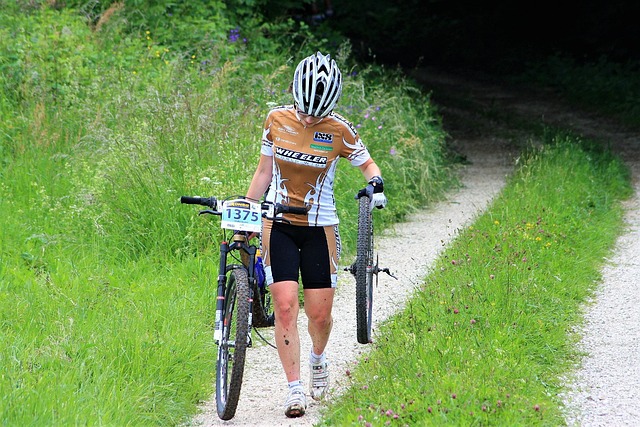
After a snow-related fall, the first step is to ensure your safety and seek any necessary medical attention. Once stable, documenting your case becomes crucial. Start by taking photos of the slip and fall incident – capture the scene, any visible injuries, and the icy or snowy conditions that caused the accident. Collect information from witnesses; their statements can be invaluable. Keep detailed records of your treatment and any ongoing care you require as a result of the fall.
Additionally, jot down dates, times, and names of anyone involved – this includes the rideshare driver if you were using an app-based service at the time of the accident. These early documentation steps will serve as vital evidence when pursuing compensation from property owners or seeking damages from a Rideshare Accident Attorney, ensuring your case is strong and successful.
Compensating for Injuries: Damages and Settlement Strategies

When a snow or ice slip and fall incident leads to injuries, victims may seek compensation for their damages through legal action. A Rideshare Accident Attorney in Queens can guide clients on the potential avenues for recovery, which often include personal injury claims against property owners or responsible parties. The primary goal is to secure fair and adequate damages that cover medical expenses, lost wages, pain and suffering, and other related losses.
Settlements in these cases can vary widely depending on the severity of injuries, liability determinations, and available insurance coverage. An experienced lawyer will employ strategic settlement negotiations or, if necessary, litigate to ensure their client receives a just reward for their injuries. This may involve pursuing compensation from property owners, landlords, or even ride-sharing companies under specific circumstances, especially when negligence in snow and ice maintenance contributes to accidents.
In Queens, navigating winter conditions requires vigilance and responsibility. Whether it’s a slip on icy sidewalks or a rideshare accident during snowy weather, understanding your rights and legal options is crucial. If you’ve suffered injuries due to someone else’s negligence, consulting with an experienced Snow/Ice Slip and Fall Lawyer in Queens can provide the guidance needed to seek fair compensation for your damages. Remember, documenting your case thoroughly after an incident can be invaluable, especially when pursuing potential settlements or lawsuits. Don’t hesitate to reach out to a skilled Rideshare Accident Attorney who specializes in these complex matters.
